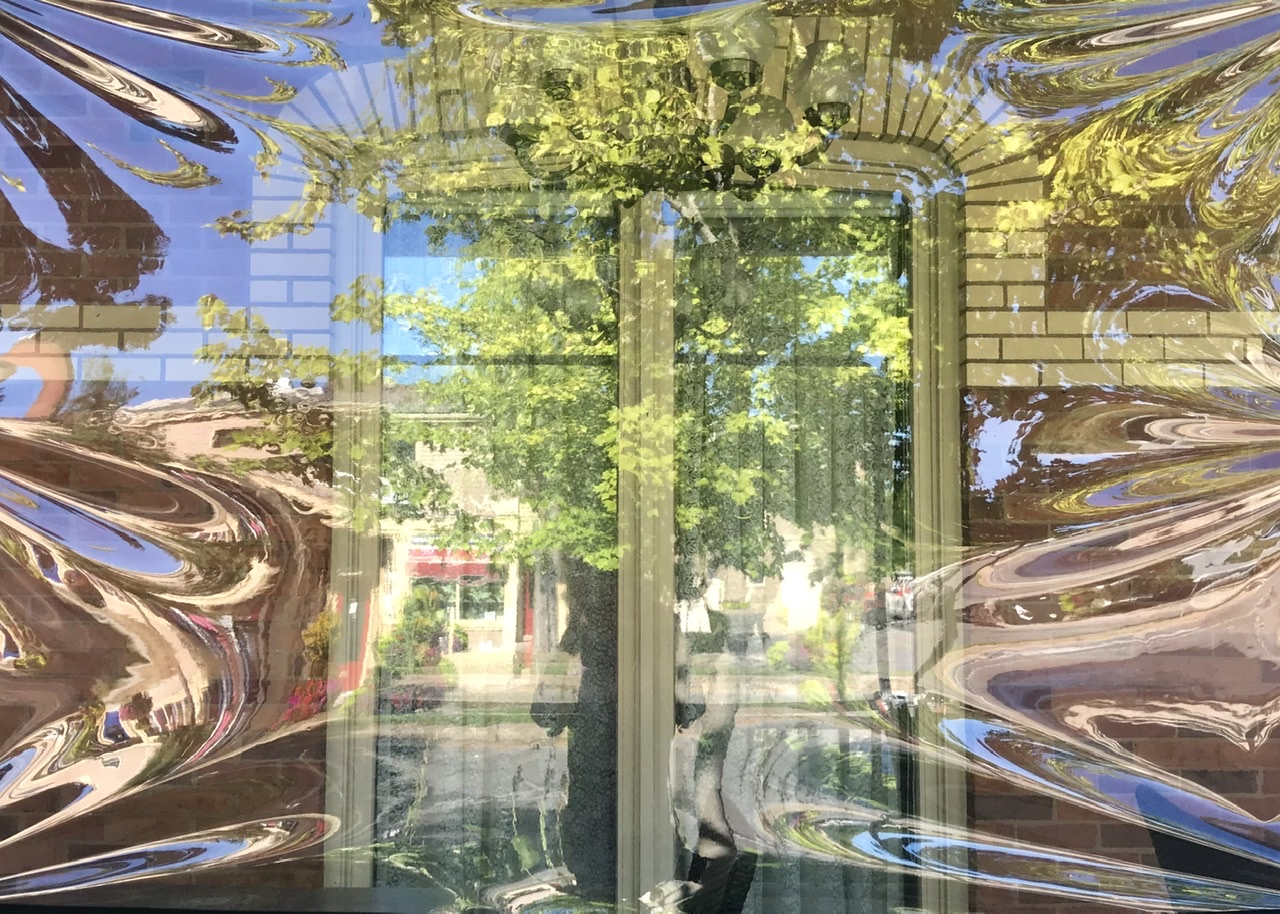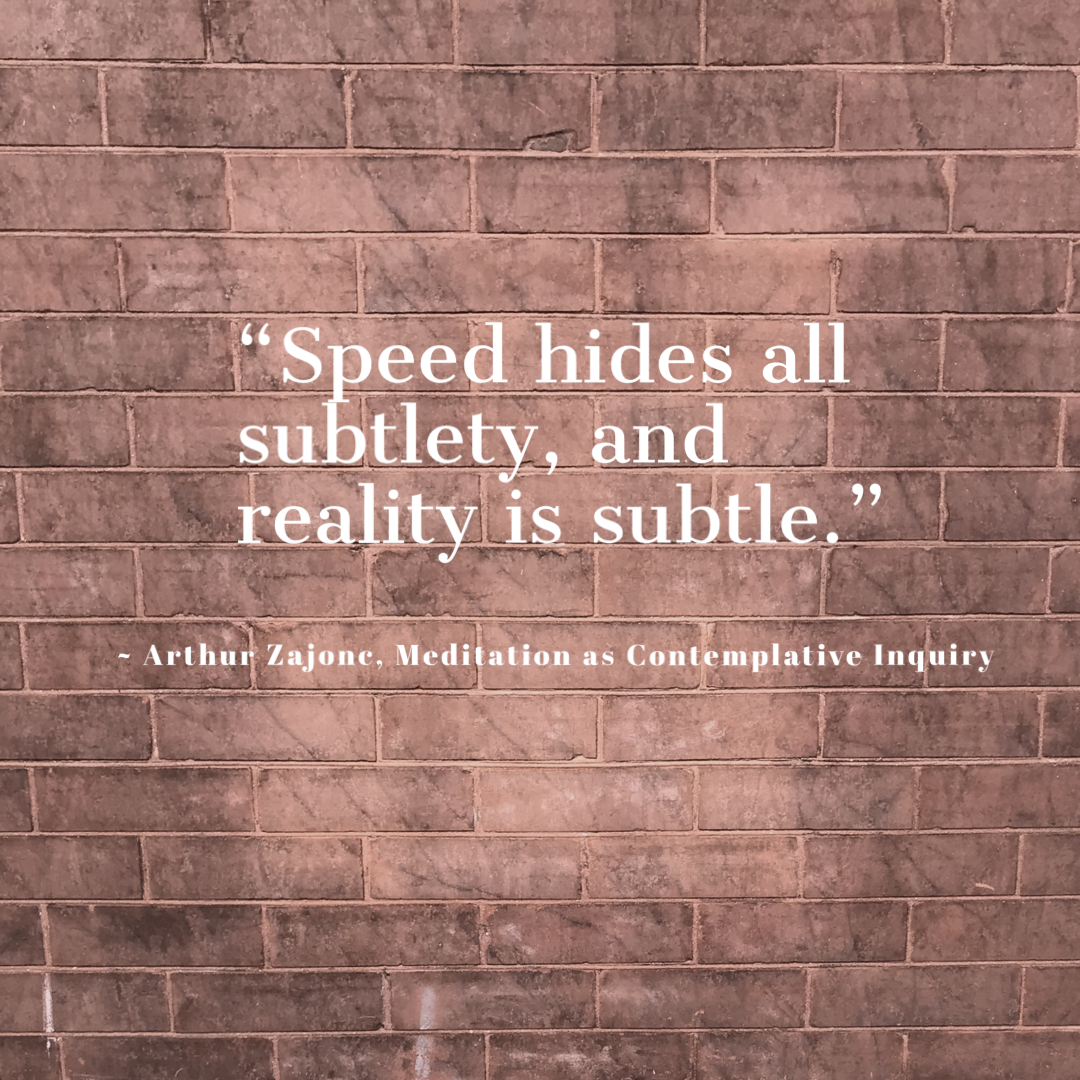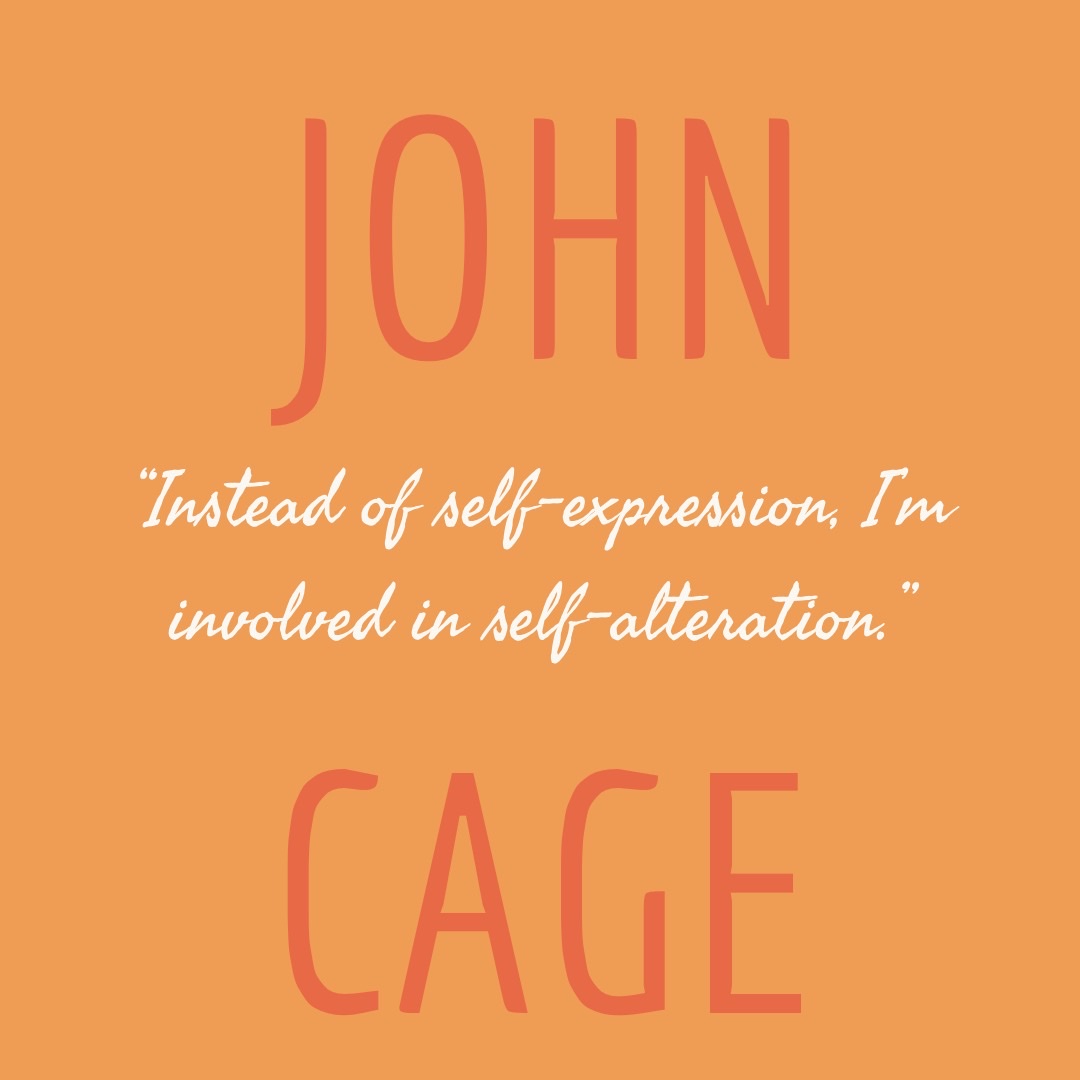
“There is so much more to discover beyond the relative way of looking. There is room to connect directly, vividly, and joyfully.” Helen Vink, Miksang Instructor
I’ve been studying perception and noticing my own for several years now. Is this just a pleasant pastime or is there some greater benefit to doing so? It’s hard to get across sometimes how meaningful this practice has been for me. In this age of information overload and misinformation, I’ve been wondering how noticing perceptions could help us all see a little more clearly. Since November 2018, I’ve offered the 30 Days of Perception experience three times. Recently, I’ve gone through the responses of participants to this material and condensed them in the form of hypothetical letters – one from a participant to me and my response. See if you can relate.
Letter to Me
Dear Kim,
I’m in late middle age, the kids are grown, and I have a little more time on my hands. This 30 Days of Perception workshop sounds interesting but I’m wondering if it’s a good use of my time. From previous experience, I know that moments of presence make the whole day better. I want to be open to being astonished on a daily basis, to experience wonder and awe. I want to be out in nature and to be more open to serendipity, the chance events in my life, and appreciate their value. I want to accept life as it is, even if I don’t like it.
Easier said than done when I still seem to have many distractions pulling me – the disastrous news cycle, household chores, Netflix, and grandchildren! Speaking of the grandkids, I long for deep and meaningful encounters with them. Not just intellectually, but full-bodied sensory experiences that are joyful. These are the moments they’ll remember. Still, it’s a challenge to slow down, be still, and notice perceptions. Daily “dramas” seem to always occupy my mind.
How do I go about incorporating more moments of presence Into my days? The pull towards “being productive” is strong. I want to feel okay with doing nothing with no purpose. I want to let go of desired or planned outcomes, and learn to adapt to what may come instead.
I’m also devastated by the environmental crisis and yet it seems so overwhelming. What can one person do? How can I make a difference and give something back to the natural world that gives me so much already? How can I develop a more intimate relationship with the place where I live, seeing not only its beauty, but also what’s broken? How can I learn to see what I’m missing, what I’m overlooking? How can I pay more attention to the periphery, the margins, the edges of my perceptions? I find it difficult to see in terms of relationships rather than objects. How can I see space as well as form? I want to know what triggers my perceptions.
Mostly, I want to really experience my everyday life in a new way, with beginner’s mind, and to entertain new possibilities. I want to connect to that soft, quiet, reassuring space lodged somewhere deep in my cellular being, because only from there can I truly see the mysterious juxtapositions around me. I know that how I see makes all the difference but how can I re-envision my world? How can I celebrate the impermanence at the heart of life? I want to be grateful and appreciative of right now and what I already have. I would like to learn to see and listen more deeply. But will this course really help me to do all of this?
Thanks for any insights you can offer.
Joe



Reply to Joe
Dear Joe,
First of all, I applaud your wanting to make the most of your time and to connect to the people in your life and your place in the world at a deeper level. However, that sounds like a goal, like another avenue for productivity. Nothing wrong with being productive, but the greatest experiences have no agenda, no purpose. They are just as they are – the reality of the moment. So, to begin, I suggest that you approach the practice of noticing perceptions as just that – noticing – and then see where it takes you. Seeing is not about what you create from your seeing but how you are being created.
The first step to clear seeing is noticing your own mind and how it’s uniquely conditioned. This is a fascinating lifelong practice that will bring about transformation quite quickly. Once you know you’ve been conditioned to see a certain way, you can try out different possibilities. By suspending opinions, judgments, even likes and dislikes for just a little while, your mind will get a rest. You’ll feel as if you’re floating and will begin to see in new ways. Your curiosity will flower. Once you start to see what you’ve been missing, you’ll realize that everything is waiting for you to see. Once you let go of stories and meaning, you’ll see things as they are.
At this point, you’ll bring all of your senses into your seeing, noticing what resonates in your body. You’ll notice your emotional responses and take in your entire surroundings wholeheartedly. You’ll realize that an intimate relationship is developing that is unique to this moment and you’ll find the courage of your own perceptions. This is how you know that you’re not alone, as you connect with yourself, others, and your immediate environment.
The gifts of this practice are many, yet they can’t be sought, only received. You may discover vehicles for poetic expression. Or, find an antidote to numbness and a way to connection. Seeing clearly helps you find perfect moments in an imperfect world. Noticing what touches and engages you is grounding and joyful. You’ll become an engaged, mindful perceptor and intimate participant in the life of your place.
We live in a truly incredible world, vibrant and messy, and it’s more important than ever for us all to see clearly.
Kim